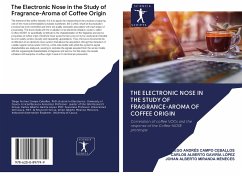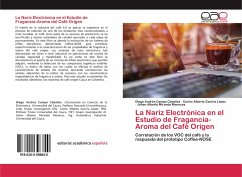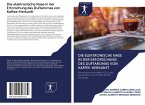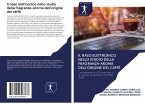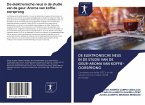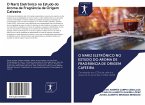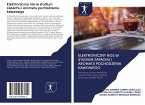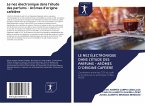The interest of the coffee industry 4.0 is to apply the engineering in the process of cupping one of the most commercialized products worldwide, the Coffee. Much of its production process has been technified and there are quality standards associated with each stage of processing. This book deals with the evaluation of an electronic olfactory system, called Coffee-NOSE, to specifically contribute to the characterization of the fragrance and aroma properties of coffee origin. Electronic nose systems have proven to be useful at an industrial level in quality control, security and traceability applications. Thus, this book documents the contribution of an electronic nose system that allows the acquisition, through the detection of volatile organic compounds (VOCs), of the data matrix with which the system's signal characteristics are analyzed, seeking to correlate the signals acquired from the sensor matrix with the organoleptic characteristics of fragrance and aroma. For this studythe results obtained with samples of coffee origin Cauca in Colombia are presented.
Bitte wählen Sie Ihr Anliegen aus.
Rechnungen
Retourenschein anfordern
Bestellstatus
Storno

